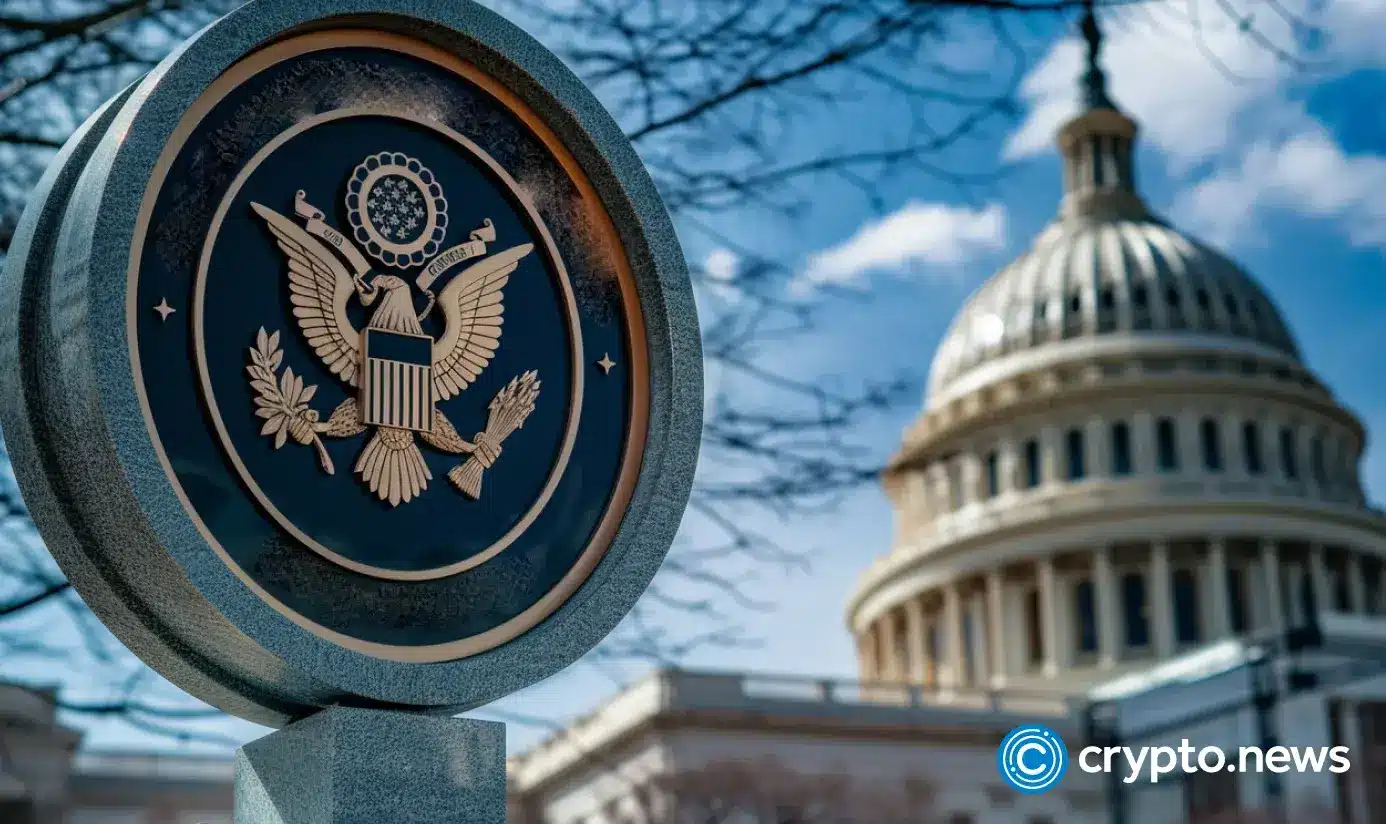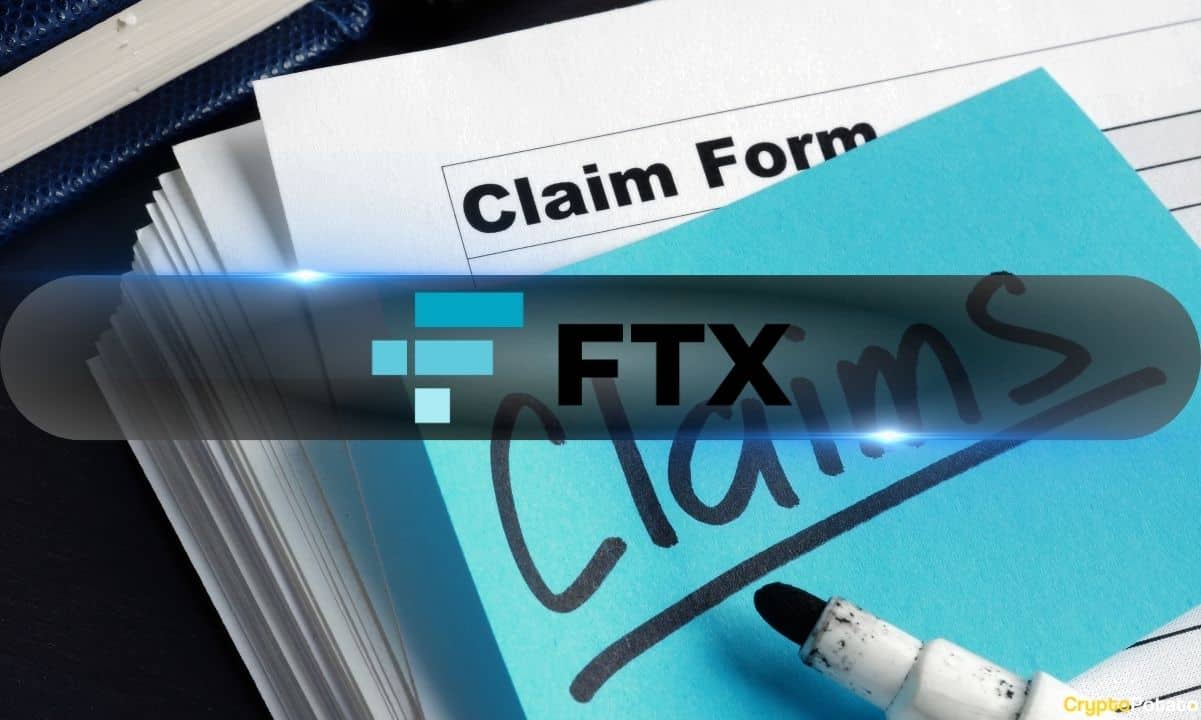Ant International and Standard Chartered Bank (NASDAQ: SCBFF) have announced the successful completion of liquidity transfers across borders on the former’s blockchain-based platform.
Standard Chartered plugged into Ant’s Whale to tap its liquidity solutions, the bank revealed in a press release. Whale is a blockchain-powered treasury solution that offers liquidity management for multinationals, especially for cross-border transfers. It leverages blockchain for instant transfers, lower costs and transparency.
The bank provided few details about the transaction, including which entities were involved. However, it revealed that the liquidity transfers were denominated in Singaporean dollars. While Whale has mostly been used for Hong Kong dollar-denominated transactions, it is currency-agnostic and can be customized to a client’s needs.
“Blockchain technology is revolutionizing treasury management, and we are pleased to be early adopters of its use cases to enable our clients to take advantage of its extensive benefits,” commented Mahesh Kini, Standard Chartered’s global head of cash management.
Kini believes that by integrating emerging tech like blockchain, the British bank can offer its clients more access to, visibility into and control over their liquidity and working capital.
“Our collaboration with Ant International brings us ever closer to our goal of providing real-time, 24/7, transparent and secure liquidity flows for our clients,” he added.
The settlement was the first between the two financial industry giants in Singapore, where Ant is headquartered. However, they have been conducting similar trials in Hong Kong.
A week ago, they announced the successful completion of the first HKD-denominated settlement via Whale between Ant’s entities as part of Hong Kong’s Project Ensemble, which explores the use of a wholesale central bank digital currency (CBDC) in innovative use cases.
Commenting on Standard Chartered’s participation in the HKD pilot, Kini said it positions the bank to respond to changing customer needs as they demand “better access, visibility, and control of their working capital…‘always-on’ availability, liquidity and speed of payment flows.”
Ant originally developed Whale for internal use to allow its many subsidiaries to move funds seamlessly across the world. Through Alipay+ and other subsidiaries, Ant has a massive presence in the payments sector, making instant settlement a direct benefit for its core businesses. Over time, the Singapore-based subsidiary of the Chinese conglomerate has expanded access to Whale to other multinationals that require similar services. Whale has especially been popular with banks; beyond Standard Chartered, other clients include France’s BNP Paribas (NASDAQ: BNPQF) and the United Kingdom’s HSBC (NASDAQ: HSBC).
Meanwhile, Ant also announced that OCBC, Singapore’s second-largest bank, would integrate Whale, joining its rival DBS (NASDAQ: DBSDF), which partnered with Ant to issue “DBS Treasury Tokens” two months ago.
“In this collaboration with Ant International, we will leverage our joint blockchain capabilities to enable faster, seamless multi-currency clearing and settlement for Ant International’s intra-group treasury and liquidity management,” commented Melvyn Low, the head of global transaction banking at OCBC.
Japan digs down further on digital asset protections
In other news, Japan’s financial sector watchdog has proposed new measures that seek to prevent a repeat of the FTX debacle.
The Financial Services Agency (FSA) proposes adding an “asset retention order” in the Payment Services Act for all digital asset trading platforms. This order would prohibit them from transferring local customers’ assets outside the country. According to Nikkei, the proposal was first made by a working group within the Financial System Council, an agency under the FSA.
“The aim is to properly protect the assets of individual investors, as there have been a series of cases of illegal leaks of cryptocurrencies,” the agency reportedly said.
It’s the latest regulatory effort globally meant to prevent a repeat of FTX. When the global exchange collapsed two years ago, clients across dozens of jurisdictions lost their funds, even in instances when they had used the local subsidiaries of the exchange.
Japan was one of the few countries where FTX customers didn’t lose their funds. The nation’s digital asset regulation already mandated exchanges to hold users’ assets locally, making the new directive (kind of) redundant. In fact, FTX Japan resumed operations three months after its parent company collapsed following a three-month suspension by authorities to contain any contagion. By February, it reopened its platform and allowed clients to withdraw their funds, starkly contrasting other countries where FTX customers have yet to receive their money.
However, Japanese regulators have been cautious since the collapse of Mt. Gox in 2014 and the $500 million Coincheck exchange hack in 2018. The country has even abstained from the global digital asset spot ETF fever, which has taken hold in Asian nations like Hong Kong and Thailand, and local experts say this is unlikely to change any time soon.
Watch: Improving logistics, finance with AI & blockchain

















 English (US) ·
English (US) ·